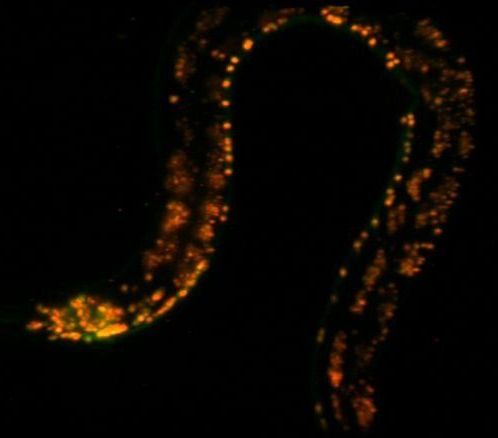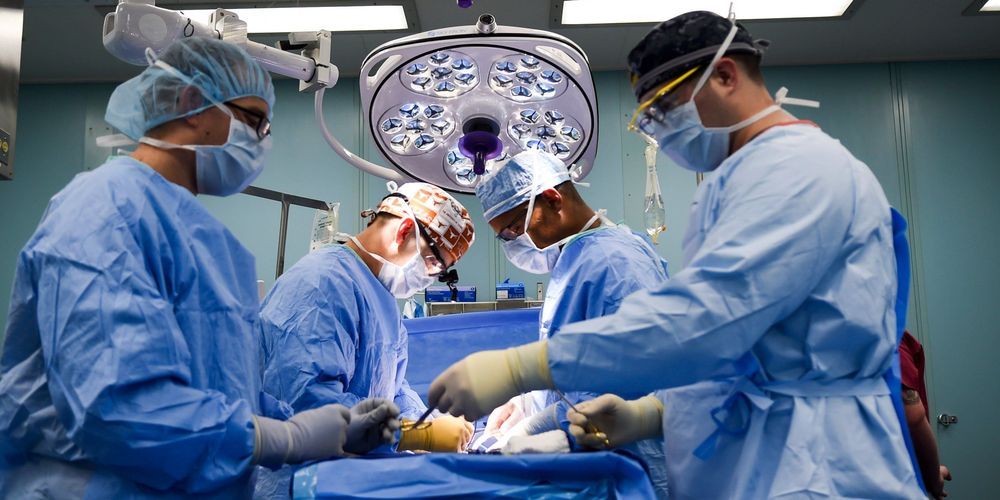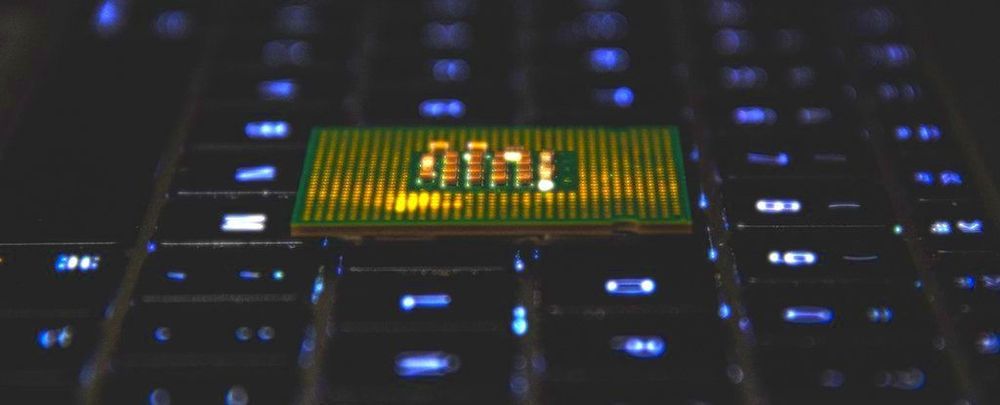The Columbia team behind the revolutionary 3D SCAPE microscope announces today a new version of this high-speed imaging technology. In collaboration with scientists from around the world, they used SCAPE 2.0 to reveal previously unseen details of living creatures—from neurons firing inside a wriggling worm to the 3D dynamics of the beating heart of a fish embryo, with far superior resolution and at speeds up to 30 times faster than their original demonstration.
These improvements to SCAPE, published today in Nature Methods, promise to impact fields as wide ranging as genetics, cardiology and neuroscience.
Why is having faster, 3D imaging so valuable? “The processes that drive living things are dynamic and ever-changing, from the way an animal’s cells communicate with one another, to how a creature moves and changes shape,” said Elizabeth Hillman, Ph.D., a principal investigator at Columbia’s Mortimer B. Zuckerman Mind Brain Behavior Institute and the paper’s senior author. “The faster we can image, the more of these processes we can see—and imaging fast in 3D lets us see the whole biological system, rather than just a single plane, offering a clear advantage over traditional microscopes.”







